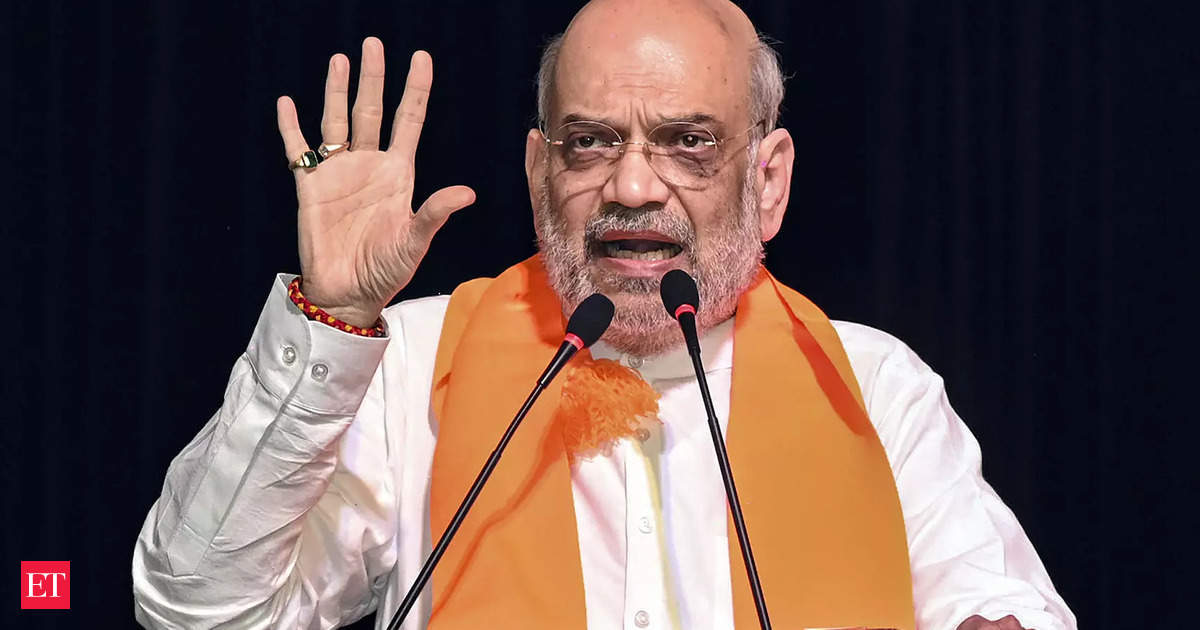
Outdated electoral rolls and ‘no competition’ are the reasons for a low voter turnout in the first two phases of Lok Sabha elections, said Union Home Minister Amit Shah on Thursday in an exclusive interview with News18 Network.
“There are many reasons for the lower turnout. After twelve years, the electoral rolls have been revised. The second reason is that there is no contest from the other side, which affects the turnout in a way,” said Shah during the interview.
Expressing confidence in achieving NDA’s goal of crossing 400 seats, the home minister in the interview said, “You will see on counting day (June 4, 2024), before 12.30 pm, NDA will cross 400, Modi ji will again become Prime Minister… My party’s team and I have done a detailed analysis. We are moving towards the third phase with well over 100 seats from the first two. I don’t see any problem in crossing the target of 400.”
A total of 190 seats went to the polls on April 19 and 27 with approximate voter turnout at about 66%, the Election Commission has said. The number was only slightly lower than the last election in 2019, although there was a drop of 5-8 percentage points in voting in the BJP and allied-ruled states Uttar Pradesh, Bihar and Rajasthan.
- All
- Uttar Pradesh
- Maharashtra
- Tamil Nadu
- West Bengal
- Bihar
- Karnataka
- Andhra Pradesh
- Telangana
- Kerala
- Madhya Pradesh
- Rajasthan
- Delhi
- Other States
More than half a dozen BJP leaders and political analysts that Reuters spoke to said a lack of momentum in the two initial phases of the seven-phase election have dampened hopes of a huge majority for the party, although they said it was still likely to retain power. “The fall in polling turnout is mainly due to apathy among party workers and voters,” said Sanjay Sharma, one of the members of the BJP’s campaign committee in the northern state of Haryana.
Some candidates were being affected by an anti-incumbency wave, he said, adding the party was facing a “tough fight” in the state where it won all ten parliamentary seats in 2019.


Recent Comments